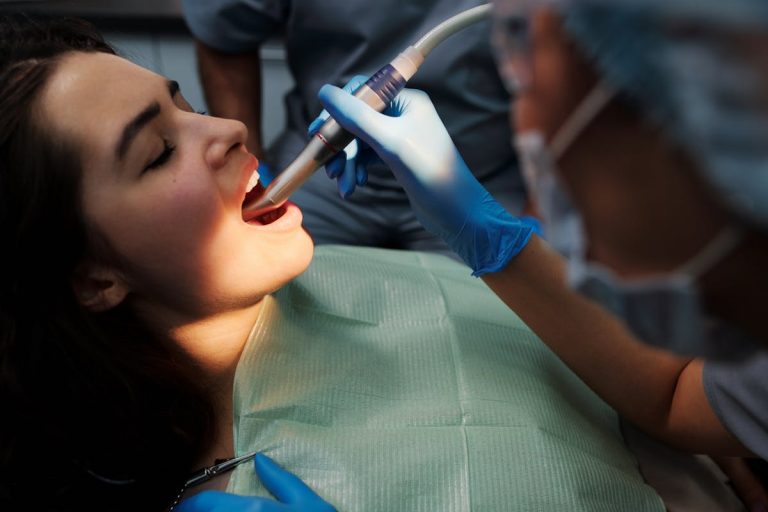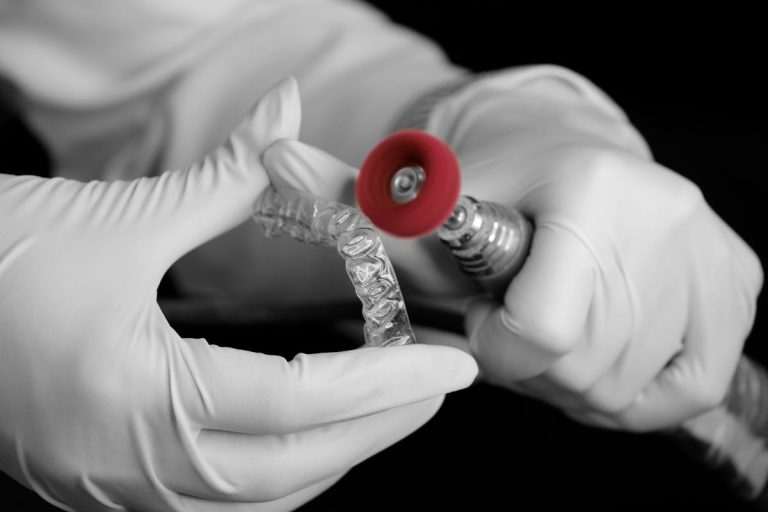- Brushing and flossing regularly, using an antiseptic mouthwash and tongue scraper, and visiting the dentist regularly are essential for proper dental hygiene.
- Proper dental hygiene can help prevent tooth decay, gum disease, stroke, and other serious illnesses.
- Calcium-rich foods, leafy greens, and fruits can help keep teeth healthy.
- Drinking plenty of water – especially fluoridated water – and limiting drinks like coffee, tea, and soft drinks can help minimize damage to tooth enamel.
- Dental procedures such as implants or impacted teeth removal may be necessary for more severe dental problems.
Dental health is of utmost importance for people of all ages and backgrounds. Poor dental hygiene can lead to many oral and general health problems, ranging from tooth decay and gum disease to pneumonia, stroke, and cardiovascular disease. According to the Centers for Disease Control (CDC), nearly one in four adults aged 65 or older have lost all their natural teeth due to cavities, gum disease, or injury.
In addition, the CDC estimates that more than one-third of adults aged 20–64 have untreated cavities, while over half of adults aged 45–64 have periodontal diseases (gum diseases). These conditions often develop slowly, without apparent symptoms, until they reach more advanced stages. Without proper preventive care and regular visits to the dentist, these oral conditions can not only compromise your dental health but also lead to more serious systemic illnesses such as diabetes or heart-related issues.
So how should you take care of your teeth? Here are a few tips that can help you keep your smile looking and feeling healthy:
Proper Dental Hygiene

Good dental hygiene is essential for maintaining a healthy and attractive smile and preventing painful infections and severe health problems. Taking the time to care for your teeth properly can keep them solid and fit for life. Here are the four key steps to ensure proper dental hygiene:
Brushing and Flossing
Regular brushing and flossing are critical components of any good dental hygiene routine. Brushing should be done at least twice daily, in the morning and before bedtime, using a soft-bristled toothbrush and fluoride toothpaste. It’s important to brush gently yet thoroughly all surfaces of each tooth, including hard-to-reach areas. Flossing should be done at least once a day – preferably at night – to remove food debris from between the teeth where brushes cannot reach. Waxed floss is ideal since it slides easily between tight spaces without shredding or breaking off.
Rinsing
Rinsing your mouth with an antiseptic mouthwash can help reduce plaque buildup on the teeth, preventing cavities from forming. Antiseptic mouthwash will also leave your breath feeling fresher longer than ordinary breath mints or gum. It’s recommended that people rinse their mouths with an antiseptic mouthwash after brushing and flossing twice daily as part of their oral hygiene routine.
Tongue Washing
Tongue washing is an often overlooked – but essential – component of dental hygiene. It helps remove bacteria and food residue that can lead to bad breath and other oral health problems. Using a tongue scraper or a toothbrush, gently scrape the tongue’s surface every time you brush your teeth to keep it clean and free from debris and bacteria.
Visiting Your Dentist Regularly
Regular visits to the dentist are essential for keeping on top of any developing problems such as cavities, gum disease, or oral cancer. Dentists can check for signs of early decay or infection that may be difficult to detect on your own; they can also provide professional cleanings, help maintain proper alignment, monitor existing conditions such as gum disease, diagnose any issues with dentures or bridges, and provide advice on how best to care for your teeth at home.
Understanding Food and Beverages Good for Teeth
Certain foods and beverages can also have a positive effect on dental health. Foods high in calcium, such as milk, cheese, yogurt, and other dairy products, help strengthen tooth enamel. Leafy greens are an excellent source of vitamins A and C which help keep gums healthy. Fruits like apples, strawberries, and oranges contain natural acids that clean the surface of the teeth, while their fiber helps to remove food particles from between the teeth. Drinking plenty of water – especially fluoridated water – will help rinse away food residue and bacteria while keeping your mouth hydrated.
Coffee, tea, and soft drinks can cause teeth staining and enamel damage over time. It’s best to limit or avoid these beverages if possible. If you must consume them, drinking through a straw will help minimize contact between your teeth and the liquid.
Dental Procedures

Your dentist may recommend a dental procedure for serious dental problems, such as missing teeth or extensive decay. For instance, a dental implant service can restore your smile and overall oral health if you are missing one or multiple teeth due to injury or disease. Implants are solid and durable replacements that look and feel natural. They are placed directly into the jawbone, providing better stability than traditional dentures or bridges.
Some dental procedures, like impacted teeth removal, can also help improve your overall dental health. Impacted teeth occur when a tooth becomes trapped in the jawbone or gum tissue due to overcrowding of other teeth. The procedure involves gently removing this impacted tooth so that surrounding teeth can move into their proper positions, reducing the risk of infection and improving your bite.
Final Thoughts
Maintaining good dental hygiene is vital to enjoying a healthy smile and preventing serious health issues. With proper care, your teeth can last a lifetime! These simple steps will go a long way toward keeping your smile looking its best!






